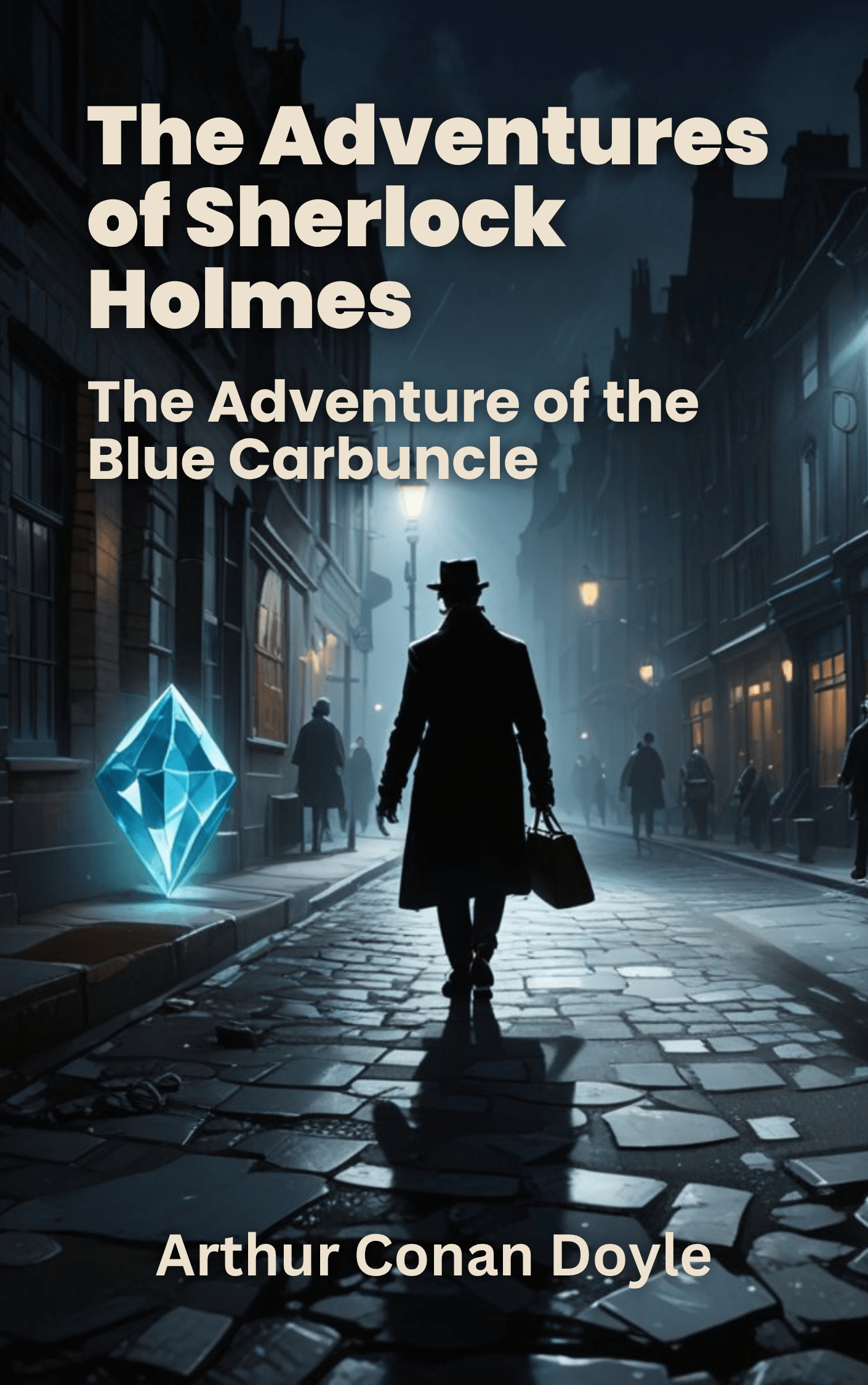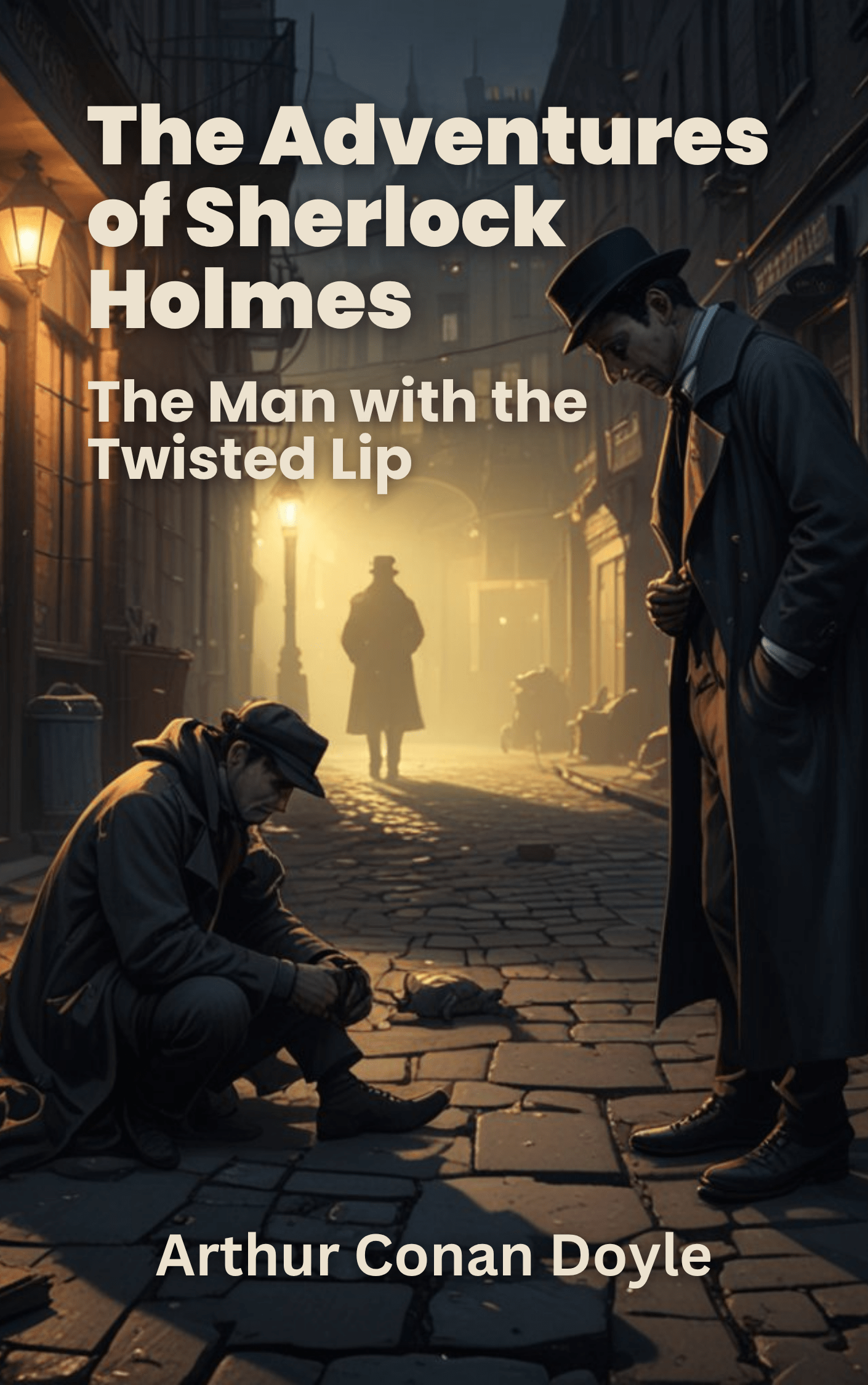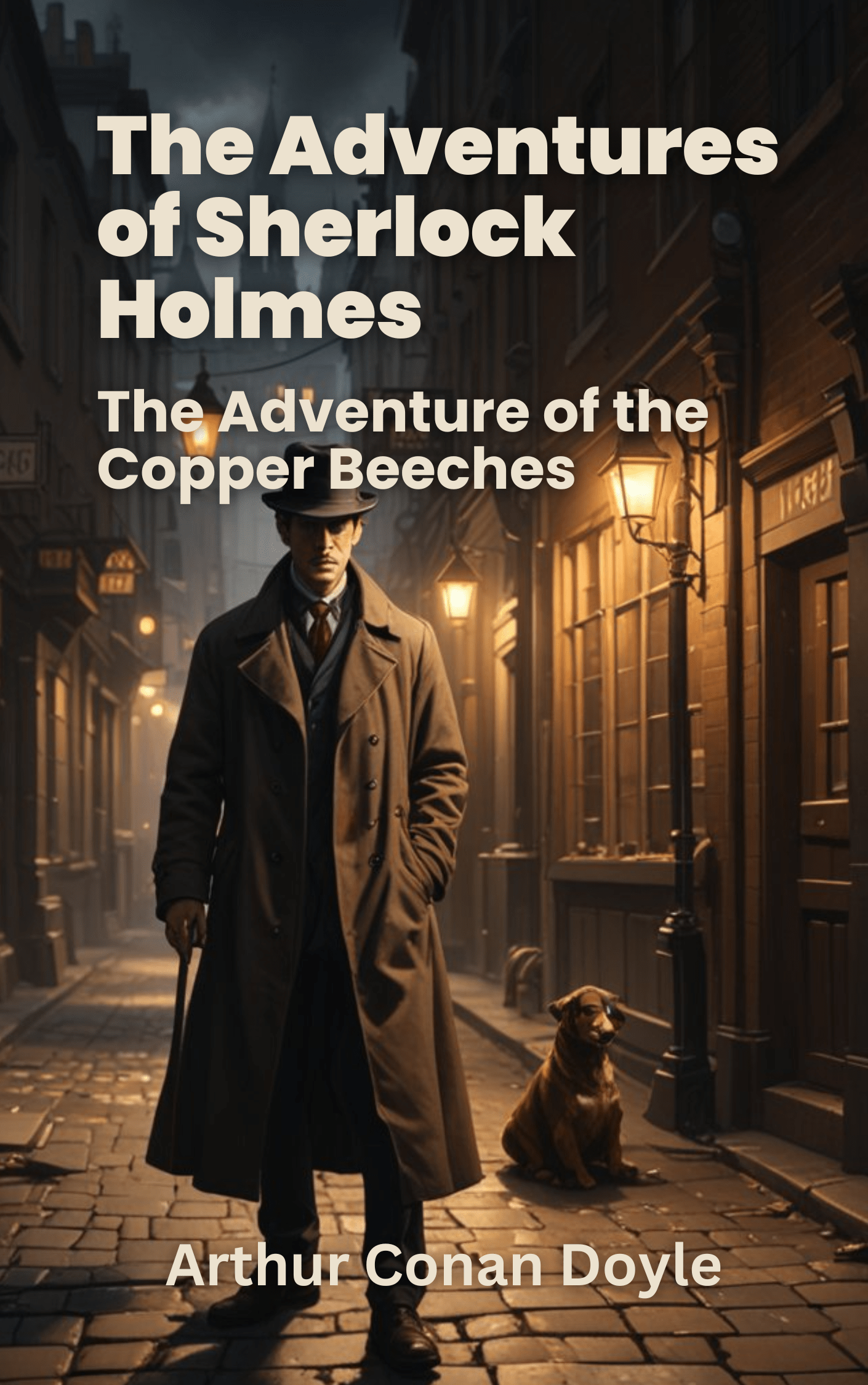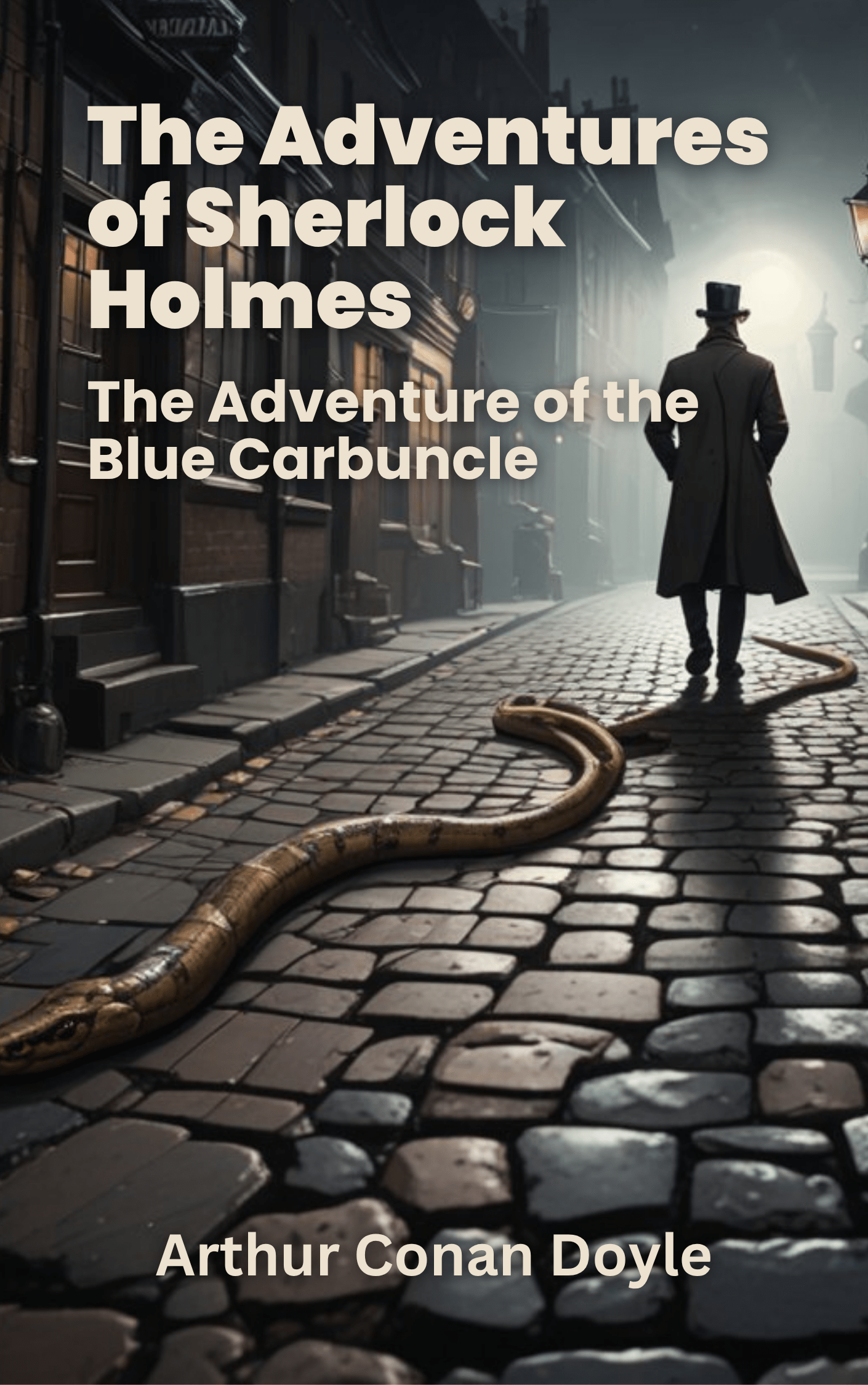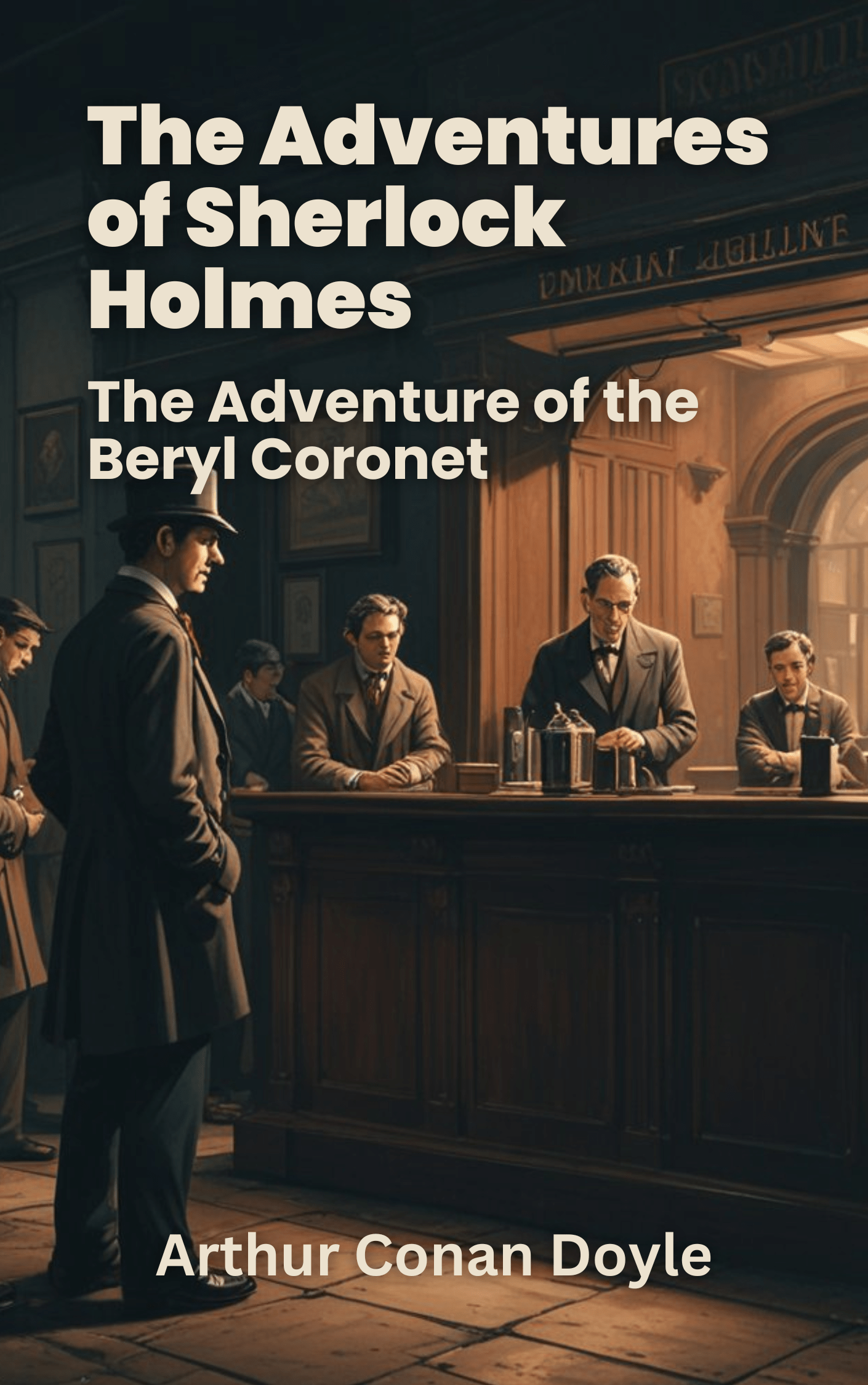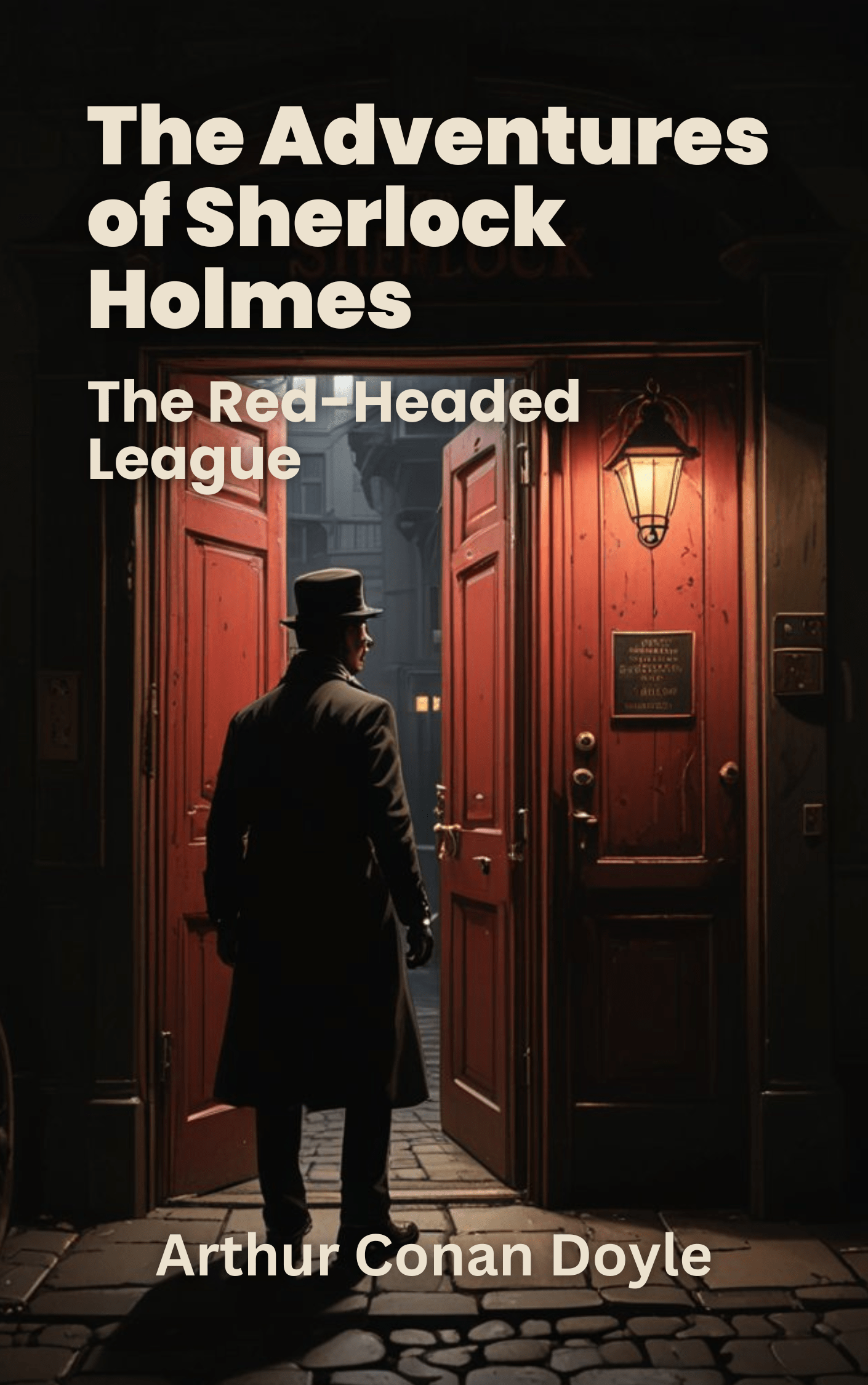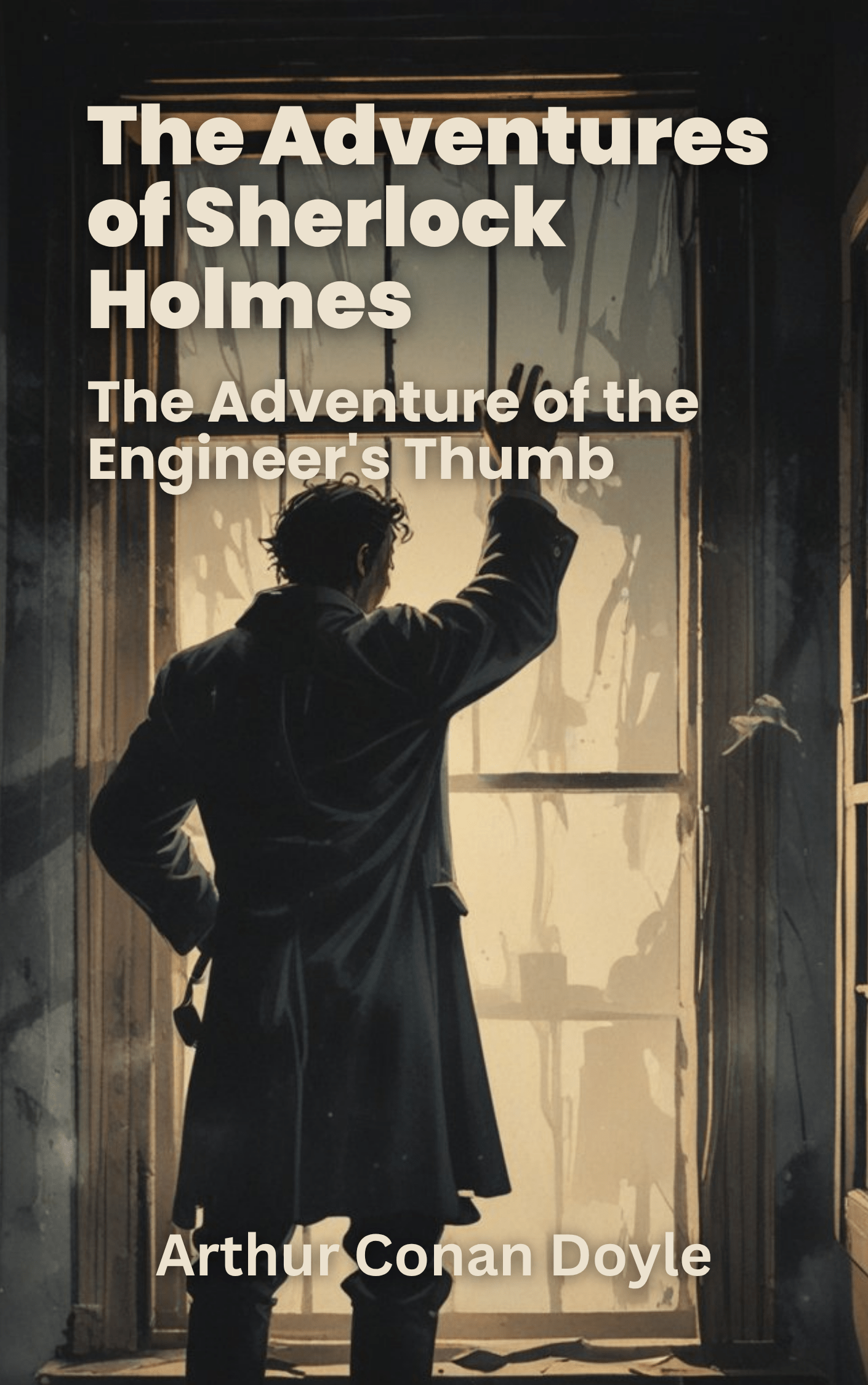In Secret
The traveller fared slowly on his way, who fared towards Paris from England in the autumn of the year one thousand seven hundred and ninety-two. More than enough of bad roads, bad equipages, and bad horses, he would have encountered to delay him, though the fallen and unfortunate King of France had been upon his throne in all his glory; but, the changed times were fraught with other obstacles than these. Every town-gate and village taxing-house had its band of citizen-patriots, with their national muskets in a most explosive state of readiness, who stopped all comers and goers, cross-questioned them, inspected their papers, looked for their names in lists of their own, turned them back, or sent them on, or stopped them and laid them in hold, as their capricious judgment or fancy deemed best for the dawning Republic One and Indivisible, of Liberty, Equality, Fraternity, or Death.A very few French leagues of his journey were accomplished, when Charles Darnay began to perceive that for him along these country roads there was no hope of return until he should have been declared a good citizen at Paris. Whatever might befall now, he must on to his journey’s end. Not a mean village closed upon him, not a common barrier dropped across the road behind him, but he knew it to be another iron door in the series that was barred between him and England. The universal watchfulness so encompassed him, that if he had been taken in a net, or were being forwarded to his destination in a cage, he could not have felt his freedom more completely gone.This universal watchfulness not only stopped him on the highway twenty times in a stage, but retarded his progress twenty times in a day, by riding after him and taking him back, riding before him and stopping him by anticipation, riding with him and keeping him in charge. He had been days upon his journey in France alone, when he went to bed tired out, in a little town on the high road, still a long way from Paris.Nothing but the production of the afflicted Gabelle’s letter from his prison of the Abbaye would have got him on so far. His difficulty at the guard-house in this small place had been such, that he felt his journey to have come to a crisis. And he was, therefore, as little surprised as a...
The Grindstone
Tellson’s Bank, established in the Saint Germain Quarter of Paris, was in a wing of a large house, approached by a courtyard and shut off from the street by a high wall and a strong gate. The house belonged to a great nobleman who had lived in it until he made a flight from the troubles, in his own cook’s dress, and got across the borders. A mere beast of the chase flying from hunters, he was still in his metempsychosis no other than the same Monseigneur, the preparation of whose chocolate for whose lips had once occupied three strong men besides the cook in question.Monseigneur gone, and the three strong men absolving themselves from the sin of having drawn his high wages, by being more than ready and willing to cut his throat on the altar of the dawning Republic one and indivisible of Liberty, Equality, Fraternity, or Death, Monseigneur’s house had been first sequestrated, and then confiscated. For, all things moved so fast, and decree followed decree with that fierce precipitation, that now upon the third night of the autumn month of September, patriot emissaries of the law were in possession of Monseigneur’s house, and had marked it with the tri-colour, and were drinking brandy in its state apartments.A place of business in London like Tellson’s place of business in Paris, would soon have driven the House out of its mind and into the Gazette. For, what would staid British responsibility and respectability have said to orange-trees in boxes in a Bank courtyard, and even to a Cupid over the counter? Yet such things were. Tellson’s had whitewashed the Cupid, but he was still to be seen on the ceiling, in the coolest linen, aiming (as he very often does) at money from morning to night. Bankruptcy must inevitably have come of this young Pagan, in Lombard-street, London, and also of a curtained alcove in the rear of the immortal boy, and also of a looking-glass let into the wall, and also of clerks not at all old, who danced in public on the slightest provocation. Yet, a French Tellson’s could get on with these things exceedingly well, and, as long as the times held together, no man had taken fright at them, and drawn out his money.What money would be drawn out of Tellson’s henceforth, and what would lie there, lost and forgotten; what plate and jewels...
The Shadow
One of the first considerations which arose in the business mind of Mr. Lorry when business hours came round, was this:—that he had no right to imperil Tellson’s by sheltering the wife of an emigrant prisoner under the Bank roof. His own possessions, safety, life, he would have hazarded for Lucie and her child, without a moment’s demur; but the great trust he held was not his own, and as to that business charge he was a strict man of business.At first, his mind reverted to Defarge, and he thought of finding out the wine-shop again and taking counsel with its master in reference to the safest dwelling-place in the distracted state of the city. But, the same consideration that suggested him, repudiated him; he lived in the most violent Quarter, and doubtless was influential there, and deep in its dangerous workings.Noon coming, and the Doctor not returning, and every minute’s delay tending to compromise Tellson’s, Mr. Lorry advised with Lucie. She said that her father had spoken of hiring a lodging for a short term, in that Quarter, near the Banking-house. As there was no business objection to this, and as he foresaw that even if it were all well with Charles, and he were to be released, he could not hope to leave the city, Mr. Lorry went out in quest of such a lodging, and found a suitable one, high up in a removed by-street where the closed blinds in all the other windows of a high melancholy square of buildings marked deserted homes.To this lodging he at once removed Lucie and her child, and Miss Pross: giving them what comfort he could, and much more than he had himself. He left Jerry with them, as a figure to fill a doorway that would bear considerable knocking on the head, and returned to his own occupations. A disturbed and doleful mind he brought to bear upon them, and slowly and heavily the day lagged on with him.It wore itself out, and wore him out with it, until the Bank closed. He was again alone in his room of the previous night, considering what to do next, when he heard a foot upon the stair. In a few moments, a man stood in his presence, who, with a keenly observant look at him, addressed him by his name.“Your servant,” said Mr. Lorry. “Do you know me?”He was a...
Calm in Storm
Doctor Manette did not return until the morning of the fourth day of his absence. So much of what had happened in that dreadful time as could be kept from the knowledge of Lucie was so well concealed from her, that not until long afterwards, when France and she were far apart, did she know that eleven hundred defenceless prisoners of both sexes and all ages had been killed by the populace; that four days and nights had been darkened by this deed of horror; and that the air around her had been tainted by the slain. She only knew that there had been an attack upon the prisons, that all political prisoners had been in danger, and that some had been dragged out by the crowd and murdered.To Mr. Lorry, the Doctor communicated under an injunction of secrecy on which he had no need to dwell, that the crowd had taken him through a scene of carnage to the prison of La Force. That, in the prison he had found a self-appointed Tribunal sitting, before which the prisoners were brought singly, and by which they were rapidly ordered to be put forth to be massacred, or to be released, or (in a few cases) to be sent back to their cells. That, presented by his conductors to this Tribunal, he had announced himself by name and profession as having been for eighteen years a secret and unaccused prisoner in the Bastille; that, one of the body so sitting in judgment had risen and identified him, and that this man was Defarge.That, hereupon he had ascertained, through the registers on the table, that his son-in-law was among the living prisoners, and had pleaded hard to the Tribunal—of whom some members were asleep and some awake, some dirty with murder and some clean, some sober and some not—for his life and liberty. That, in the first frantic greetings lavished on himself as a notable sufferer under the overthrown system, it had been accorded to him to have Charles Darnay brought before the lawless Court, and examined. That, he seemed on the point of being at once released, when the tide in his favour met with some unexplained check (not intelligible to the Doctor), which led to a few words of secret conference. That, the man sitting as President had then informed Doctor Manette that the prisoner must remain in custody, but...
The Wood-Sawyer
One year and three months. During all that time Lucie was never sure, from hour to hour, but that the Guillotine would strike off her husband’s head next day. Every day, through the stony streets, the tumbrils now jolted heavily, filled with Condemned. Lovely girls; bright women, brown-haired, black-haired, and grey; youths; stalwart men and old; gentle born and peasant born; all red wine for La Guillotine, all daily brought into light from the dark cellars of the loathsome prisons, and carried to her through the streets to slake her devouring thirst. Liberty, equality, fraternity, or death;—the last, much the easiest to bestow, O Guillotine!If the suddenness of her calamity, and the whirling wheels of the time, had stunned the Doctor’s daughter into awaiting the result in idle despair, it would but have been with her as it was with many. But, from the hour when she had taken the white head to her fresh young bosom in the garret of Saint Antoine, she had been true to her duties. She was truest to them in the season of trial, as all the quietly loyal and good will always be.As soon as they were established in their new residence, and her father had entered on the routine of his avocations, she arranged the little household as exactly as if her husband had been there. Everything had its appointed place and its appointed time. Little Lucie she taught, as regularly, as if they had all been united in their English home. The slight devices with which she cheated herself into the show of a belief that they would soon be reunited—the little preparations for his speedy return, the setting aside of his chair and his books—these, and the solemn prayer at night for one dear prisoner especially, among the many unhappy souls in prison and the shadow of death—were almost the only outspoken reliefs of her heavy mind.She did not greatly alter in appearance. The plain dark dresses, akin to mourning dresses, which she and her child wore, were as neat and as well attended to as the brighter clothes of happy days. She lost her colour, and the old and intent expression was a constant, not an occasional, thing; otherwise, she remained very pretty and comely. Sometimes, at night on kissing her father, she would burst into the grief she had repressed all day, and would say that her sole...
Triumph
The dread tribunal of five Judges, Public Prosecutor, and determined Jury, sat every day. Their lists went forth every evening, and were read out by the gaolers of the various prisons to their prisoners. The standard gaoler-joke was, “Come out and listen to the Evening Paper, you inside there!”“Charles Evrémonde, called Darnay!”So at last began the Evening Paper at La Force.When a name was called, its owner stepped apart into a spot reserved for those who were announced as being thus fatally recorded. Charles Evrémonde, called Darnay, had reason to know the usage; he had seen hundreds pass away so.His bloated gaoler, who wore spectacles to read with, glanced over them to assure himself that he had taken his place, and went through the list, making a similar short pause at each name. There were twenty-three names, but only twenty were responded to; for one of the prisoners so summoned had died in gaol and been forgotten, and two had already been guillotined and forgotten. The list was read, in the vaulted chamber where Darnay had seen the associated prisoners on the night of his arrival. Every one of those had perished in the massacre; every human creature he had since cared for and parted with, had died on the scaffold.There were hurried words of farewell and kindness, but the parting was soon over. It was the incident of every day, and the society of La Force were engaged in the preparation of some games of forfeits and a little concert, for that evening. They crowded to the grates and shed tears there; but, twenty places in the projected entertainments had to be refilled, and the time was, at best, short to the lock-up hour, when the common rooms and corridors would be delivered over to the great dogs who kept watch there through the night. The prisoners were far from insensible or unfeeling; their ways arose out of the condition of the time. Similarly, though with a subtle difference, a species of fervour or intoxication, known, without doubt, to have led some persons to brave the guillotine unnecessarily, and to die by it, was not mere boastfulness, but a wild infection of the wildly shaken public mind. In seasons of pestilence, some of us will have a secret attraction to the disease—a terrible passing inclination to die of it. And all of us have like wonders hidden in our...
A Knock at the Door
I have saved him.” It was not another of the dreams in which he had often come back; he was really here. And yet his wife trembled, and a vague but heavy fear was upon her.All the air round was so thick and dark, the people were so passionately revengeful and fitful, the innocent were so constantly put to death on vague suspicion and black malice, it was so impossible to forget that many as blameless as her husband and as dear to others as he was to her, every day shared the fate from which he had been clutched, that her heart could not be as lightened of its load as she felt it ought to be. The shadows of the wintry afternoon were beginning to fall, and even now the dreadful carts were rolling through the streets. Her mind pursued them, looking for him among the Condemned; and then she clung closer to his real presence and trembled more.Her father, cheering her, showed a compassionate superiority to this woman’s weakness, which was wonderful to see. No garret, no shoemaking, no One Hundred and Five, North Tower, now! He had accomplished the task he had set himself, his promise was redeemed, he had saved Charles. Let them all lean upon him.Their housekeeping was of a very frugal kind: not only because that was the safest way of life, involving the least offence to the people, but because they were not rich, and Charles, throughout his imprisonment, had had to pay heavily for his bad food, and for his guard, and towards the living of the poorer prisoners. Partly on this account, and partly to avoid a domestic spy, they kept no servant; the citizen and citizeness who acted as porters at the courtyard gate, rendered them occasional service; and Jerry (almost wholly transferred to them by Mr. Lorry) had become their daily retainer, and had his bed there every night.It was an ordinance of the Republic One and Indivisible of Liberty, Equality, Fraternity, or Death, that on the door or doorpost of every house, the name of every inmate must be legibly inscribed in letters of a certain size, at a certain convenient height from the ground. Mr. Jerry Cruncher’s name, therefore, duly embellished the doorpost down below; and, as the afternoon shadows deepened, the owner of that name himself appeared, from overlooking a painter whom Doctor Manette had...
A Hand at Cards
Happily unconscious of the new calamity at home, Miss Pross threaded her way along the narrow streets and crossed the river by the bridge of the Pont-Neuf, reckoning in her mind the number of indispensable purchases she had to make. Mr. Cruncher, with the basket, walked at her side. They both looked to the right and to the left into most of the shops they passed, had a wary eye for all gregarious assemblages of people, and turned out of their road to avoid any very excited group of talkers. It was a raw evening, and the misty river, blurred to the eye with blazing lights and to the ear with harsh noises, showed where the barges were stationed in which the smiths worked, making guns for the Army of the Republic. Woe to the man who played tricks with that Army, or got undeserved promotion in it! Better for him that his beard had never grown, for the National Razor shaved him close.Having purchased a few small articles of grocery, and a measure of oil for the lamp, Miss Pross bethought herself of the wine they wanted. After peeping into several wine-shops, she stopped at the sign of the Good Republican Brutus of Antiquity, not far from the National Palace, once (and twice) the Tuileries, where the aspect of things rather took her fancy. It had a quieter look than any other place of the same description they had passed, and, though red with patriotic caps, was not so red as the rest. Sounding Mr. Cruncher, and finding him of her opinion, Miss Pross resorted to the Good Republican Brutus of Antiquity, attended by her cavalier.Slightly observant of the smoky lights; of the people, pipe in mouth, playing with limp cards and yellow dominoes; of the one bare-breasted, bare-armed, soot-begrimed workman reading a journal aloud, and of the others listening to him; of the weapons worn, or laid aside to be resumed; of the two or three customers fallen forward asleep, who in the popular high-shouldered shaggy black spencer looked, in that attitude, like slumbering bears or dogs; the two outlandish customers approached the counter, and showed what they wanted.As their wine was measuring out, a man parted from another man in a corner, and rose to depart. In going, he had to face Miss Pross. No sooner did he face her, than Miss Pross uttered a scream, and...
The Game Made
While Sydney Carton and the Sheep of the prisons were in the adjoining dark room, speaking so low that not a sound was heard, Mr. Lorry looked at Jerry in considerable doubt and mistrust. That honest tradesman’s manner of receiving the look, did not inspire confidence; he changed the leg on which he rested, as often as if he had fifty of those limbs, and were trying them all; he examined his finger-nails with a very questionable closeness of attention; and whenever Mr. Lorry’s eye caught his, he was taken with that peculiar kind of short cough requiring the hollow of a hand before it, which is seldom, if ever, known to be an infirmity attendant on perfect openness of character.“Jerry,” said Mr. Lorry. “Come here.”Mr. Cruncher came forward sideways, with one of his shoulders in advance of him.“What have you been, besides a messenger?”After some cogitation, accompanied with an intent look at his patron, Mr. Cruncher conceived the luminous idea of replying, “Agicultooral character.”“My mind misgives me much,” said Mr. Lorry, angrily shaking a forefinger at him, “that you have used the respectable and great house of Tellson’s as a blind, and that you have had an unlawful occupation of an infamous description. If you have, don’t expect me to befriend you when you get back to England. If you have, don’t expect me to keep your secret. Tellson’s shall not be imposed upon.”“I hope, sir,” pleaded the abashed Mr. Cruncher, “that a gentleman like yourself wot I’ve had the honour of odd jobbing till I’m grey at it, would think twice about harming of me, even if it wos so—I don’t say it is, but even if it wos. And which it is to be took into account that if it wos, it wouldn’t, even then, be all o’ one side. There’d be two sides to it. There might be medical doctors at the present hour, a picking up their guineas where a honest tradesman don’t pick up his fardens—fardens! no, nor yet his half fardens—half fardens! no, nor yet his quarter—a banking away like smoke at Tellson’s, and a cocking their medical eyes at that tradesman on the sly, a going in and going out to their own carriages—ah! equally like smoke, if not more so. Well, that ’ud be imposing, too, on Tellson’s. For you cannot sarse the goose and not the gander. And here’s Mrs....
The Substance of the Shadow
I, Alexandre Manette, unfortunate physician, native of Beauvais, and afterwards resident in Paris, write this melancholy paper in my doleful cell in the Bastille, during the last month of the year, 1767. I write it at stolen intervals, under every difficulty. I design to secrete it in the wall of the chimney, where I have slowly and laboriously made a place of concealment for it. Some pitying hand may find it there, when I and my sorrows are dust.“These words are formed by the rusty iron point with which I write with difficulty in scrapings of soot and charcoal from the chimney, mixed with blood, in the last month of the tenth year of my captivity. Hope has quite departed from my breast. I know from terrible warnings I have noted in myself that my reason will not long remain unimpaired, but I solemnly declare that I am at this time in the possession of my right mind—that my memory is exact and circumstantial—and that I write the truth as I shall answer for these my last recorded words, whether they be ever read by men or not, at the Eternal Judgment-seat.“One cloudy moonlight night, in the third week of December (I think the twenty-second of the month) in the year 1757, I was walking on a retired part of the quay by the Seine for the refreshment of the frosty air, at an hour’s distance from my place of residence in the Street of the School of Medicine, when a carriage came along behind me, driven very fast. As I stood aside to let that carriage pass, apprehensive that it might otherwise run me down, a head was put out at the window, and a voice called to the driver to stop.“The carriage stopped as soon as the driver could rein in his horses, and the same voice called to me by my name. I answered. The carriage was then so far in advance of me that two gentlemen had time to open the door and alight before I came up with it.“I observed that they were both wrapped in cloaks, and appeared to conceal themselves. As they stood side by side near the carriage door, I also observed that they both looked of about my own age, or rather younger, and that they were greatly alike, in stature, manner, voice, and (as far as I could see) face...
Dusk
The wretched wife of the innocent man thus doomed to die, fell under the sentence, as if she had been mortally stricken. But, she uttered no sound; and so strong was the voice within her, representing that it was she of all the world who must uphold him in his misery and not augment it, that it quickly raised her, even from that shock.The Judges having to take part in a public demonstration out of doors, the Tribunal adjourned. The quick noise and movement of the court’s emptying itself by many passages had not ceased, when Lucie stood stretching out her arms towards her husband, with nothing in her face but love and consolation.“If I might touch him! If I might embrace him once! O, good citizens, if you would have so much compassion for us!”There was but a gaoler left, along with two of the four men who had taken him last night, and Barsad. The people had all poured out to the show in the streets. Barsad proposed to the rest, “Let her embrace him then; it is but a moment.” It was silently acquiesced in, and they passed her over the seats in the hall to a raised place, where he, by leaning over the dock, could fold her in his arms.“Farewell, dear darling of my soul. My parting blessing on my love. We shall meet again, where the weary are at rest!”They were her husband’s words, as he held her to his bosom.“I can bear it, dear Charles. I am supported from above: don’t suffer for me. A parting blessing for our child.”“I send it to her by you. I kiss her by you. I say farewell to her by you.”“My husband. No! A moment!” He was tearing himself apart from her. “We shall not be separated long. I feel that this will break my heart by-and-bye; but I will do my duty while I can, and when I leave her, God will raise up friends for her, as He did for me.”Her father had followed her, and would have fallen on his knees to both of them, but that Darnay put out a hand and seized him, crying:“No, no! What have you done, what have you done, that you should kneel to us! We know now, what a struggle you made of old. We know, now what you underwent when you suspected my descent, and...
Darkness
Sydney Carton paused in the street, not quite decided where to go. “At Tellson’s banking-house at nine,” he said, with a musing face. “Shall I do well, in the mean time, to show myself? I think so. It is best that these people should know there is such a man as I here; it is a sound precaution, and may be a necessary preparation. But care, care, care! Let me think it out!”Checking his steps which had begun to tend towards an object, he took a turn or two in the already darkening street, and traced the thought in his mind to its possible consequences. His first impression was confirmed. “It is best,” he said, finally resolved, “that these people should know there is such a man as I here.” And he turned his face towards Saint Antoine.Defarge had described himself, that day, as the keeper of a wine-shop in the Saint Antoine suburb. It was not difficult for one who knew the city well, to find his house without asking any question. Having ascertained its situation, Carton came out of those closer streets again, and dined at a place of refreshment and fell sound asleep after dinner. For the first time in many years, he had no strong drink. Since last night he had taken nothing but a little light thin wine, and last night he had dropped the brandy slowly down on Mr. Lorry’s hearth like a man who had done with it.It was as late as seven o’clock when he awoke refreshed, and went out into the streets again. As he passed along towards Saint Antoine, he stopped at a shop-window where there was a mirror, and slightly altered the disordered arrangement of his loose cravat, and his coat-collar, and his wild hair. This done, he went on direct to Defarge’s, and went in.There happened to be no customer in the shop but Jacques Three, of the restless fingers and the croaking voice. This man, whom he had seen upon the Jury, stood drinking at the little counter, in conversation with the Defarges, man and wife. The Vengeance assisted in the conversation, like a regular member of the establishment.As Carton walked in, took his seat and asked (in very indifferent French) for a small measure of wine, Madame Defarge cast a careless glance at him, and then a keener, and then a keener, and then advanced to...
Fifty-two
In the black prison of the Conciergerie, the doomed of the day awaited their fate. They were in number as the weeks of the year. Fifty-two were to roll that afternoon on the life-tide of the city to the boundless everlasting sea. Before their cells were quit of them, new occupants were appointed; before their blood ran into the blood spilled yesterday, the blood that was to mingle with theirs to-morrow was already set apart.Two score and twelve were told off. From the farmer-general of seventy, whose riches could not buy his life, to the seamstress of twenty, whose poverty and obscurity could not save her. Physical diseases, engendered in the vices and neglects of men, will seize on victims of all degrees; and the frightful moral disorder, born of unspeakable suffering, intolerable oppression, and heartless indifference, smote equally without distinction.Charles Darnay, alone in a cell, had sustained himself with no flattering delusion since he came to it from the Tribunal. In every line of the narrative he had heard, he had heard his condemnation. He had fully comprehended that no personal influence could possibly save him, that he was virtually sentenced by the millions, and that units could avail him nothing.Nevertheless, it was not easy, with the face of his beloved wife fresh before him, to compose his mind to what it must bear. His hold on life was strong, and it was very, very hard, to loosen; by gradual efforts and degrees unclosed a little here, it clenched the tighter there; and when he brought his strength to bear on that hand and it yielded, this was closed again. There was a hurry, too, in all his thoughts, a turbulent and heated working of his heart, that contended against resignation. If, for a moment, he did feel resigned, then his wife and child who had to live after him, seemed to protest and to make it a selfish thing.But, all this was at first. Before long, the consideration that there was no disgrace in the fate he must meet, and that numbers went the same road wrongfully, and trod it firmly every day, sprang up to stimulate him. Next followed the thought that much of the future peace of mind enjoyable by the dear ones, depended on his quiet fortitude. So, by degrees he calmed into the better state, when he could raise his thoughts much higher, and...
The Knitting Done
In that same juncture of time when the Fifty-Two awaited their fate Madame Defarge held darkly ominous council with The Vengeance and Jacques Three of the Revolutionary Jury. Not in the wine-shop did Madame Defarge confer with these ministers, but in the shed of the wood-sawyer, erst a mender of roads. The sawyer himself did not participate in the conference, but abided at a little distance, like an outer satellite who was not to speak until required, or to offer an opinion until invited.“But our Defarge,” said Jacques Three, “is undoubtedly a good Republican? Eh?”“There is no better,” the voluble Vengeance protested in her shrill notes, “in France.”“Peace, little Vengeance,” said Madame Defarge, laying her hand with a slight frown on her lieutenant’s lips, “hear me speak. My husband, fellow-citizen, is a good Republican and a bold man; he has deserved well of the Republic, and possesses its confidence. But my husband has his weaknesses, and he is so weak as to relent towards this Doctor.”“It is a great pity,” croaked Jacques Three, dubiously shaking his head, with his cruel fingers at his hungry mouth; “it is not quite like a good citizen; it is a thing to regret.”“See you,” said madame, “I care nothing for this Doctor, I. He may wear his head or lose it, for any interest I have in him; it is all one to me. But, the Evrémonde people are to be exterminated, and the wife and child must follow the husband and father.”“She has a fine head for it,” croaked Jacques Three. “I have seen blue eyes and golden hair there, and they looked charming when Samson held them up.” Ogre that he was, he spoke like an epicure.Madame Defarge cast down her eyes, and reflected a little.“The child also,” observed Jacques Three, with a meditative enjoyment of his words, “has golden hair and blue eyes. And we seldom have a child there. It is a pretty sight!”“In a word,” said Madame Defarge, coming out of her short abstraction, “I cannot trust my husband in this matter. Not only do I feel, since last night, that I dare not confide to him the details of my projects; but also I feel that if I delay, there is danger of his giving warning, and then they might escape.”“That must never be,” croaked Jacques Three; “no one must escape. We have not half enough as it...
The Footsteps Die Out For Ever
Along the Paris streets, the death-carts rumble, hollow and harsh. Six tumbrils carry the day’s wine to La Guillotine. All the devouring and insatiate Monsters imagined since imagination could record itself, are fused in the one realisation, Guillotine. And yet there is not in France, with its rich variety of soil and climate, a blade, a leaf, a root, a sprig, a peppercorn, which will grow to maturity under conditions more certain than those that have produced this horror. Crush humanity out of shape once more, under similar hammers, and it will twist itself into the same tortured forms. Sow the same seed of rapacious license and oppression over again, and it will surely yield the same fruit according to its kind.Six tumbrils roll along the streets. Change these back again to what they were, thou powerful enchanter, Time, and they shall be seen to be the carriages of absolute monarchs, the equipages of feudal nobles, the toilettes of flaring Jezebels, the churches that are not my father’s house but dens of thieves, the huts of millions of starving peasants! No; the great magician who majestically works out the appointed order of the Creator, never reverses his transformations. “If thou be changed into this shape by the will of God,” say the seers to the enchanted, in the wise Arabian stories, “then remain so! But, if thou wear this form through mere passing conjuration, then resume thy former aspect!” Changeless and hopeless, the tumbrils roll along.As the sombre wheels of the six carts go round, they seem to plough up a long crooked furrow among the populace in the streets. Ridges of faces are thrown to this side and to that, and the ploughs go steadily onward. So used are the regular inhabitants of the houses to the spectacle, that in many windows there are no people, and in some the occupation of the hands is not so much as suspended, while the eyes survey the faces in the tumbrils. Here and there, the inmate has visitors to see the sight; then he points his finger, with something of the complacency of a curator or authorised exponent, to this cart and to this, and seems to tell who sat here yesterday, and who there the day before.Of the riders in the tumbrils, some observe these things, and all things on their last roadside, with an impassive stare; others, with a...







